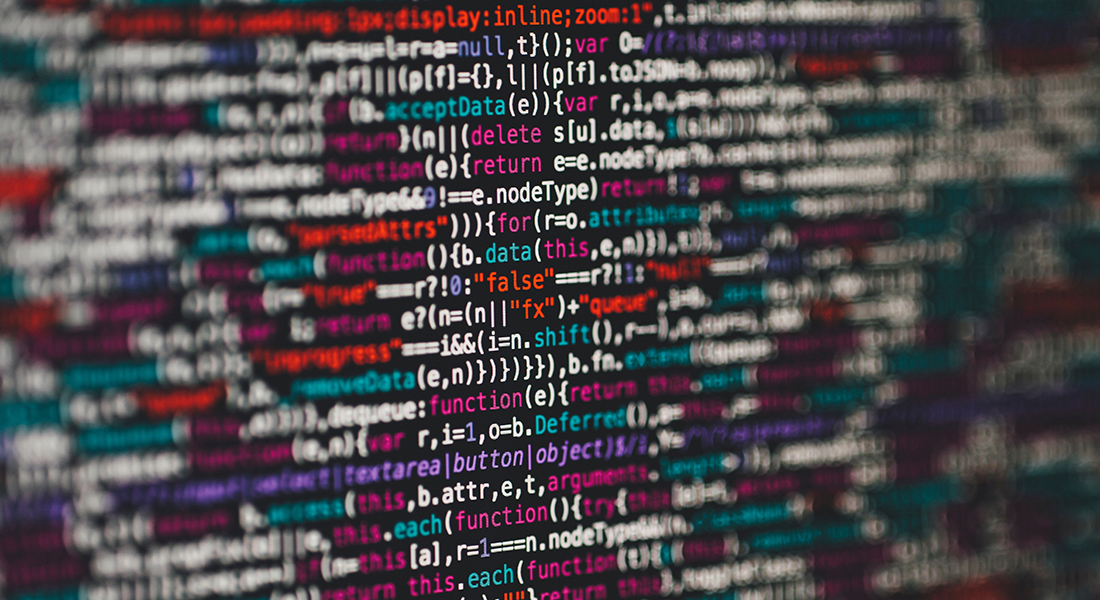HOPE - How Democracies Cope with Covid19: A Data-Driven Approach
The UCPH team of the HOPE project focuses on the impact of misinformation seen via social media on behavior during the coronavirus pandemic both online and offline. Currently, our research analyses the conversation about misinformation in Denmark.

Responding to the coronavirus pandemic, the Carlsberg Foundation has granted DKK 25 million to HOPE to examine the interrelationship between:
- the COVID-19 trajectory
- the decisions of governments and international organizations
- changing media landscapes
- citizens’ behavior and well-being
Citizen role in producing information on the Danish Health Authority’s Facebook page during the coronavirus pandemic
With a unique access to all Facebook content from The Danish Health Authority, this project aims to analyze, in the particular case of facemasks, how citizens react and interact with communication and information during the COVID-19.
Ridiculing the "Tinfoil Hats": How Citizens Engage with COVID-19 misinformation and conspiracy on Social Media in Denmark
This project aims to examine the conversation about misinformation on Twitter during COVID-19. We are examining how much of the conversation spreads and combats misinformation.
A Corrective Methodology for Classifying Misinformation on Social Media
We propose a new and nuanced method for identifying misinformation. We argue previous methods, which focus on unreliable sources, overestimate the amount of misinformation seen publically online.
The Role of Intermediaries in the Spread of Misinformation: A Complex Multiple-contact Contagion Model
With complex contagion models, we compare the diffusion of information and misinformation. We analyse the influence of intermediary sharers in the growth of misinformation cascades.
Uncovering the Black Box of the Deleted Tweets
Using unique access to deleted danish tweets during the corona crises, this research project seeks to uncover the black box of deleted posts - what is deleted and why?
The HOPE project is a collaboration between Aarhus School of Business and Social Sciences, the Technical University of Denmark (DTU) and Copenhagen Center for Social Data Science (SODAS).
- PI is Michael Bang Petersen (Aarhus BSS)
- Co-PI: Andreas Roepstorff (Aarhus BSS)
- Co-PI: Rebecca Adler-Nissen (SODAS)
- Co-PI: Sune Lehmann (SODAS/DTU)
Researchers
| Name | Title | Phone | |
|---|---|---|---|
| Search in Name | Search in Title | Search in Phone | |
| Adler-Nissen, Rebecca | Professor |
Funded by
HOPE - How Democracies Cope with Covid19: A Data-Driven Approach is funded by the Carlsberg Foundation
Project: HOPE - How Democracies Cope with Covid19: A Data-Driven Approach
Project period: 2020-2024
Contact
Co-Principal Investigator
Professor Rebecca Adler-Nissen
Department of Political Science
University of Copenhagen
Mail: ran@ifs.ku.dk
Phone: +45 35 32 33 97
